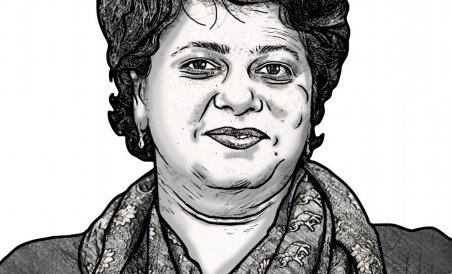
Retirement is not an end, rather a new beginning. However, most people are worried about this new beginning.
There are three main concerns.
How much do I need for retirement? A majority of people are unaware of how much corpus they need at retirement.
When can I retire with the amount I have/ will accumulate?
Will the corpus suffice me for life?
Generally, individuals would have a bulk amount lets say Rs 1 crore in mind and would then assume a certain fixed return, assume 7% per annum on it.
They would then assess if the amount received through interest would be enough.
So in this case, the individual plans a corpus based on if Rs 7 lakh per year or Rs 60,000 per month enough to meet all expenses.
However, people forget to take into account some important aspects like inflation and taxes. At the time of retirement, due to inflation, Rs 1 crore will increase to Rs 1.80 crore (assuming 6% inflation and a period of 10 years).
Further, the investments made are subject to taxes and hence the returns assumption will need to revised to post-tax return. Hence, retirement corpus calculation done on the basis of current expenses will give the true picture of how much corpus is required.
Remember, expenses do not reduce as one gets older, but gets replaced by other forms of expenses. So, higher medical expenses may replace EMIs.
To answer the key concerns one must use a retirement planning calculator, which is available online.
The calculator will help find out the corpus required based on current expenses and how much one needs to invest, in order to have this corpus at retirement. For example, if an individual has expenses of Rs 50,000 per month and is retiring after 10 years and wants the corpus to last for 30 years, the amount to be invested is Rs 1,00,000 per month! Sure enough, the calculator gets people even more worried. This is because they find it difficult to accept the fact that they need to be saving a huge amount to build the corpus that will suffice in retirement. Some take a stance of taking it as it comes.
However, it is always better to plan ahead and that’s why one needs to start investing for retirement as early as possible.
The choice of investments can make a big difference to the amount to be invested and the corpus.
Traditional investments such as insurance and investment-linked insurance policies do not beat inflation and if you go with these investments, you would need to save much more to reach your target.
When you have a longer time frame and lesser available funds to invest, you need to choose instruments like equities, which beat inflation and return well over the long term.
If you are nearing retirement in the next three to five years, it is a good idea to start thinking of an alternate income source, which can take care of some of the shortfalls. A growing trend in India is to financially support adult children. You need to take a stance of letting children figure out and manage their own lives, not only for their own good but to ensure your retirement savings are used for your requirements.
Indian families tend to accumulate gold over the years.
Keep these emotional investments as a fallback option at the time of need.
I have seen people scouting around for loans because they are not willing to let go of gold because it was passed down from their ancestors.
You also need to evaluate how complex your financial life is in terms of the number of investments held/properties held and look to simplify the same.
While the thought of retirement is daunting from a financial perspective, a few simple steps will go a long way in keeping you prepared.
Original Source:
Photo Credit: Deccanherald
Source: Article written by Mrin Agarwal in Deccan Herald
Originally published on: 29 Sep 2019
Original article link:https://www.deccanherald.com/amp/business/family-finance/plan-as-early-as-possible-for-your-retirement-765021.html
